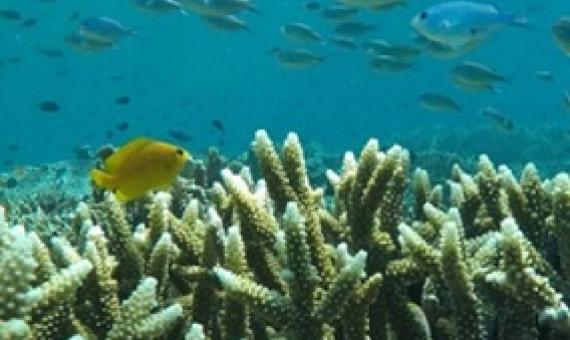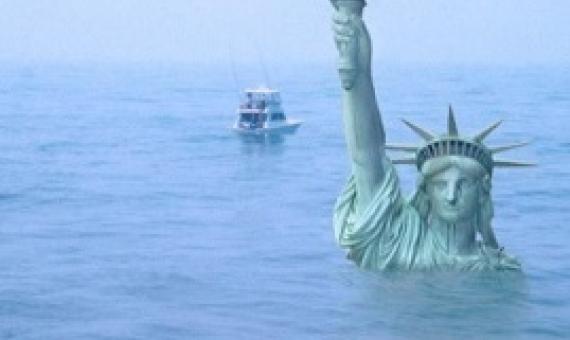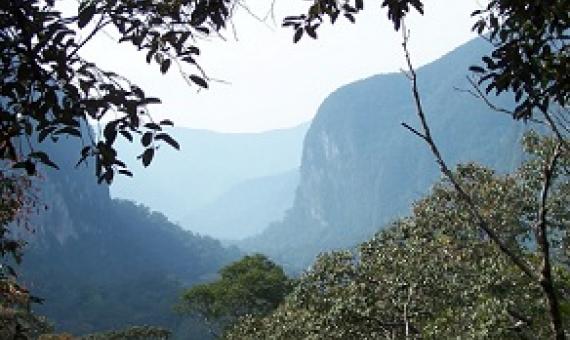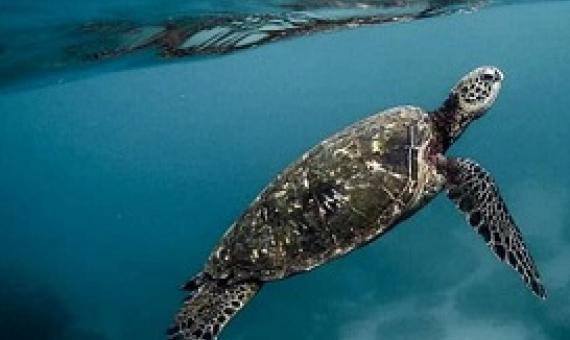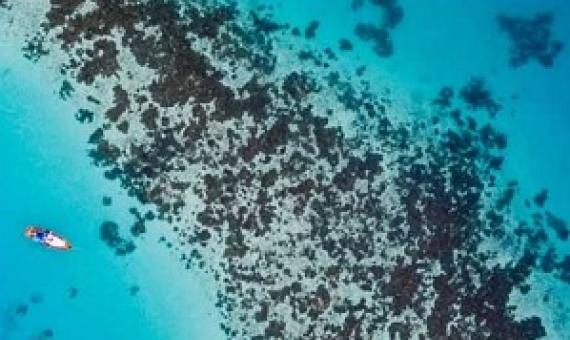A new study reveals clear evidence highlighting the importance of fish biodiversity to the health of spectacular tropical coral reef ecosystems.
New research by Rutgers scientists reaffirms that modern sea-level rise is linked to human activities and not to changes in Earth's orbit.
Tropical forests face an uncertain future under climate change, but new research published in Science suggests they can continue to store large amounts of carbon in a warmer world, if countries limit greenhouse gas emissions.
The Government of China is handing over its annual contribution of US$200,000 (T$549,878) to the Secretariat of the Pacific Regional Environment Programme (S.P.R.E.P.) operations budget on Thursday.
Asia-Pacific region is one of the world’s most ethnically and culturally diverse regions. It is also one of its most biodiverse. Yet local marine ecosystems are nearing a tipping point as a result of various environmental stresses caused by unsustainable human practices.
For years, people have been predicting a pandemic could wipe out a large number of humans. The reason is simple: As our world population pushes toward 8 billion, it’s clear wildlife and natural systems cannot tolerate our abuses.
Many island nations, including the Maldives in the Indian Ocean, are facing an existential threat as a result of a rising sea level induced by global climate change.
Restoration ecologist Karen Holl has a simple message for anyone who thinks planting 1 trillion trees will reverse the damage of climate change.
The world is figuring out how to move forward in the face of the COVID-19 pandemic by finding newer ways to support economic development, animal and human well being, and ecosystem integrity.
The world's oceans play a critical role in climate regulation, mitigation and adaptation and should be integrated into comprehensive "green new deal" proposals being promoted by elected officials and agency policymakers, a group of ocean scientists suggests in a new paper. The scientists hig

